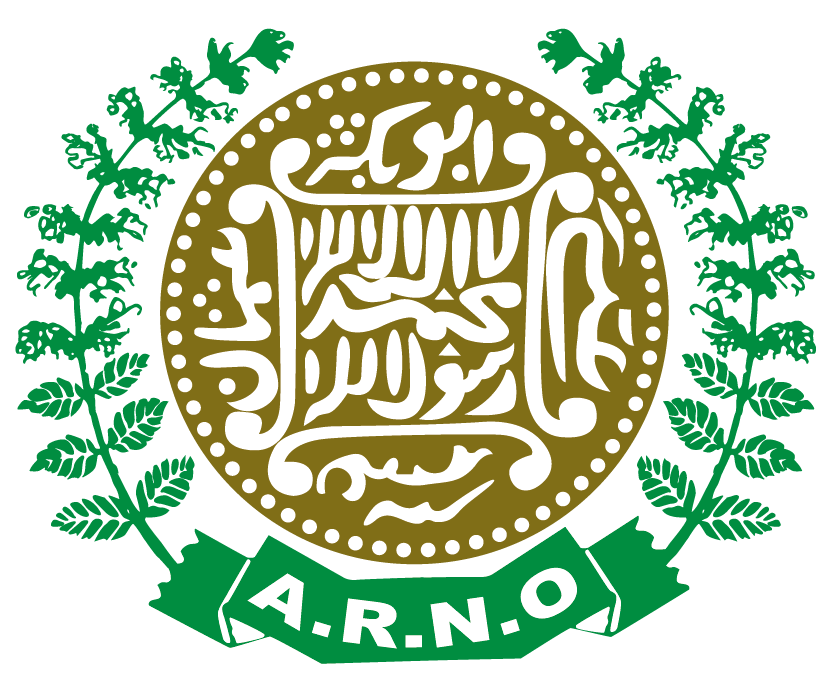[NEW YORK – 23 OCTOBER] Representatives of a diverse cross-section of Burmese ethnic and religious minority groups, including representatives of the Rohingya, Burmese Muslim, Kachin, Chin, and Karen communities, concluded an important diplomatic visit to New York as part of their intensified engagement with the international community. The visit covered a series of meetings, including with the UN Security Council, the Office of the UN Special Envoy, ASEAN members Malaysia, Indonesia, and Myanmar, the EU, and OIC, to discuss the urgent situation on the ground in Myanmar and the consequences of the Rohingya genocide.
The visit occurred on the eve of the heinous bombardment that took place on the Mone Lai Khat IDP camp in Kachin State, which resulted in the death of 29 innocent civilians, including children. The bombardment was the latest brutal act by the military junta since its unlawful military coup of February 2021. To this end, the visit to New York was framed in the context of the leading role of Burma’s multiethnic and religious minority representatives in bringing about a political end to the conflict. Against this backdrop, the delegation used their meetings to urge the international community to:
- Keep the Burma crisis on the agenda. Despite efforts to portray the Myanmar crisis as a protracted conflict, the facts on the ground are that ethnic groups are expanding their terrain, while the Junta is struggling to enforce its control. The crisis is overspilling into the region and requires greater international focus and political will to address its root causes. The situation will only worsen with ever greater humanitarian consequences.
- Demonstrate UNSC leadership to create an environment conducive for a political solution. The Security Council should take action to stop, limit, and impose a cost for the Junta’s increasing use of indiscriminate air attacks. While Security Council resolution 2669 (2022) was an important milestone, implementation has remained a challenge. The Security Council must now set out a new enforceable resolution that protects civilians on the ground. The prohibition of aviation fuel is a necessity. If a new resolution cannot be agreed by the Security Council, then Member States must take steps unilaterally to save lives in Myanmar.
- Increase coordination towards shared goals in Burma. There remains a disconnect between the regional and wider international community on how to address the crisis. A piecemeal approach only benefits the Junta. There is an urgent need for greater alignment between the like-minded Member States of ASEAN and Western allies to focus on coherent action to leverage the Junta and to ensure the protection of civilians. This includes credible policy options to increase sanctions against the military and its financial networks in the region, pressure on the EU to revoke its trade agreement with the Junta, greater support to civil society and governance structures in areas not under the Junta’s control, and increased delivery of cross-border aid. International law is very clear that aid must be delivered to those in need through the most direct routes.
Underpinning the diplomatic engagements in New York is the role and importance of the inclusion of Burma’s ethnic and religious minority communities. Burma’s recent history of marginalization of these key voices is evident to all, starting with the genocide of the Rohingya. Burma’s ethnic and religious minority communities can no longer be ignored in order to enable an inclusive political process that finally leads to a credible and lasting democratic transition.
The Signatories
- Kyaw Win, Spokesperson and Head of International Relations of Muslim of Myanmar Multi-ethnic Consultative Committee (MMMCC) and Founder and Director of the Burma Human Rights Network (BHRN).
- Dr Habib Ullah, Member of the Convening Council of the Congress of Nations and States, Chair of the Burma Dialogue and General Secretary of Arakan Rohingya National Organisation.
- Rosalinn Zahau, Chin Human Rights Organization.
- Naw Hser Hser, Representative of the Women’s League of Burma in the National Unity Consultative Council (NUCC) and Advocacy Director of the Karen Women’s Organization (KWO).
- Moon Nay Li, Joint General Secretary of Women’s League of Burma and Spokesperson of Kachin Women’s Association Thailand.
